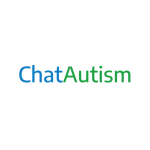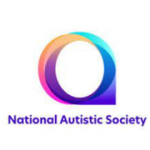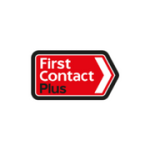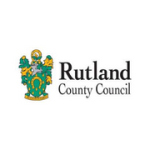Below is an animation explaining the autism assessment process:
Understanding the autism assessment process for a child aged 2-12 from ChatHealth on Vimeo.
Having an assessment can be helpful because:
- It can provide information that may help you/parent/carer/employer others to have a better understanding of you as an individual, and any needs you may have or any challenges. It can also highlight your strengths and any unique positive attributes you may have.
- You may be able to access more social groups, magazines and online communities, although you don’t always need a diagnosis for this.
A diagnosis can also be a tool to access necessary support, benefits advice or adjustments that may be required whether at home, school, college, employment or in general.
How do I request an autism assessment?
If you think your child (aged 2-12) might be autistic and you want them to be assessed for this you will need to ask for your child to be referred for an autism assessment within the community paediatric service.
- Your doctor/GP surgery. This should be your first point of contact if you have any concerns. They will usually ask your child’s school or nursery for more information. Sometimes your child’s school or nursery might then request an Educational Psychologist to help gather information for your GP.
- Speech and Language therapy team (SLT) If your child is already being supported by a speech and language therapist they may be able to refer them. The community paediatric service at the time of screening this referral will contact school/ nursery for more information.
- Once the referral is made the information provided is screened by the community paediatric service and the referral is accepted if the child shows indicators for an assessment of autism.
What happens during assessment?
Following a referral, there will be an Outpatient Clinic assessment.
In the assessment, practitioners, usually a community paediatrician, will take a detailed neurodevelopmental history and rule out any medical causes of developmental delay if there is any.
Sometimes genetics and basic blood tests will be done as needed and also offer treatment for any comorbidities with sleep, anxiety, ADHD, LD and sensory issues.
Once the medical assessment has been completed, then all the information is gathered to conclude ASD pathway.
Crucial in the pathway is the assessment from Speech and Language Therapy and/or Educational Psychology.
Once the medical assessment and assessment from Speech and Language Therapy and/or Educational Psychology has been completed, all the information is gathered to conclude ASD pathway.
A Paediatrician will then decide to either conduct a professionals meeting or conclude the assessment without a professionals meeting if they are satisfied about the information.
During an autism diagnosis, clinicians use the DSMV (The Diagnostic and Statistical Manual of Mental Disorders, Fifth Edition) for assessing autism to determine whether or not the person is autistic.
If the clinician is not able to reach a conclusion based on all the information, then ADOS can be used to collect more information to make a conclusion.
What happens after diagnosis?
Once the assessment is complete if a diagnosis of autism is confirmed, the child/parents are directed to ‘Post diagnostic virtual workshops’ compiled by ASD Nursing team.
The diagnostic team will also contribute to Educational Health Care Plan process as needed.
What will I need to do?
When you are seeking assessment or diagnosis for you child, there are some things you can do that will help the process:
- The health professionals will be asking questions to guide the assessment process however you can write down concerns if you feel this is helpful
- Sometimes having a list with you of concerns and things from your family history and childhood development such as when they first walked and talked can be helpful to have as a reminder during the assessment.
- Consider some of the following and how these may affect different areas of your child’s life
- Communication
- Social interaction
- Sensory difficulties
- Friendships
- Need for routine
Below is a helpful video explaining some of the difficulties autistic children may face in their daily lives.
- Click here to view this video in Urdu/Hindi
- Click to here to view this video in Punjabi
- Click here to view this video in Gujarati
- Click here to view this video in Bengali
These videos were created in partnership between the University of Leicester and Leicestershire Partnership NHS Trust. They are hosted on an external provider so please be aware they may contain adverts.
Advice from the National Autistic Society
The National Autistic Society has a new ‘Advice Hub’ on their website which focuses on sharing information about diagnosis – before, during and after.
It has information for autistic adults and adults who think they might be autistic. It also has information for parents of children who are or might be autistic.
They are mostly written articles but there is also a small range of videos too








